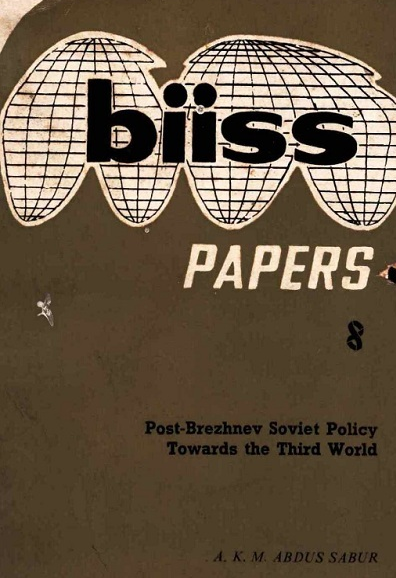Continuity, Change and Regional Effects

This monograph explores Soviet foreign policy towards the Third World after the Brezhnev era. It examines ideological drivers, strategic interests, and economic engagements in Asia, Africa, and Latin America. The study highlights shifts under Gorbachev’s policies of glasnost and perestroika, which sought to recalibrate Soviet engagement. It discusses the decline of ideological rigidity, the rise of pragmatism, and the pressures of economic crisis. The report also considers the long-term legacies of Soviet support in regions such as Afghanistan, Angola, and Nicaragua. It concludes that Soviet policy towards the Third World underwent significant transformation, influencing global power balances at the end of the Cold War.